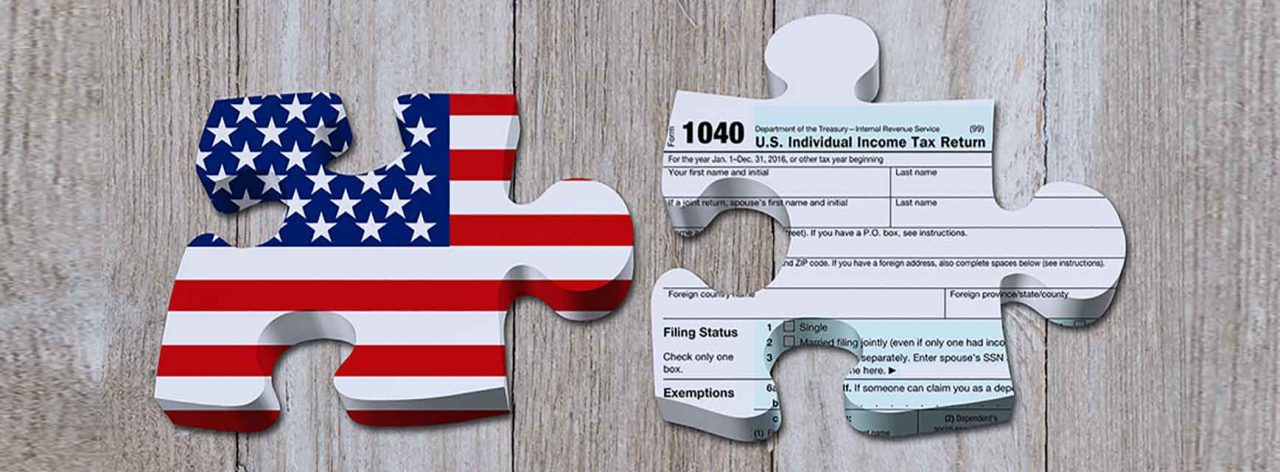When renouncing their U.S. status, U.S. citizens and Green Card Holders may be subject to Exit Tax. In this circumstance, the IRS requires covered expatriates to prepare an exit tax calculation and certify prior years’ foreign income and accounts compliance.
When a person is considering leaving the U.S. permanently, there may be exit tax planning issues to consider.
Exit Tax and Expatriation involve certain key issues. These typically include:
-
- Renouncing U.S. Citizenship
- Relinquishing a Green Card
- Exit Tax
- Form 8854
- Covered Expatriates
FAQs
What is U.S. Exit Tax?
U.S. Exit Tax is the IRS method of making individuals who are considered U.S. Citizens or Long-Term Residents to pay a tax upon “Exiting” or “Expatriating” from the U.S.
Is there a U.S. Exit Tax for Green Card Holders?
Yes.
How much is the Exit Tax?
The amount of Exit Tax due is based on various factors, depending on the type and source of income, it may be immediately taxable or taxed at a future date, once the income becomes distributed and taxable.
How much is the Expatriation Tax?
Expatriation Tax and Exit Tax are the same.
How is Exit Tax Calculated?
If the taxpayer is a Long-Term Resident or Citizen with no exception, the person must verify if they meet one of the three threshold requirements to be considered a “Covered Expatriate.”
- Net income tax liability
- Net worth
- Unable to certify tax compliance for five prior years.
Then, the person calculates the exit tax based on each specific asset.
Categories of individuals and their reasons for exit tax planning:
Long-Term Residents
For some people, they may have citizenship in a foreign country but are considered Legal Permanent Residents (aka Green Card Holders) in the United States and were never made aware of the true tax consequences of being considered a US person (especially worldwide taxation).
Accidental Americans
The typical example of an Accidental American is an individual who is required to report and pay taxes to the United States although they do not consider themselves as an ‘American’; but their parents are/were US citizens and they may have been born in the United States or outside of the United States to U.S. Citizen parents.
U.S. Citizens/Green Card Holder Turned “Expat”
US citizens who have simply moved outside of the United States
As a result, the idea of paying continual US tax seems illogical and therefore leads to renouncing their US citizenship.
Key Exit Tax Planning Tips
The following are a few key tips to keep in mind:
- Avoid becoming a legal permanent resident to prevent being subject to exit and expatriate tax.
- Avoid being a long-term resident by being a legal permanent resident for less than 8 out of 15 years; to be classified as a long-term resident, the individual would need to be considered a LPR for 8 out of 15 years.
- When it comes time to abandon the legal permanent resident status, it must be done voluntarily.
- Reduce their net worth to below $2 million, they will not meet the first net value test. One way to reduce net worth is by gifting accounts, money, and assets.
Avoid the 5-Year Trap
Be sure to be in tax compliance for the five years prior to expatriation. If you have been out of compliance and prior years you may consider offshore disclosure to get into compliance and anticipation of expatriation.
If you would like to discuss this further, please contact us.






